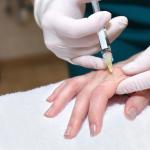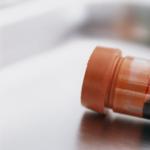What does a dermatovenerologist do?
Many patients wonder what tests need to be taken from a dermatovenerologist to identify the cause of the problems?
The choice of diagnostic techniques largely depends on what complaints the patient came to the appointment with.
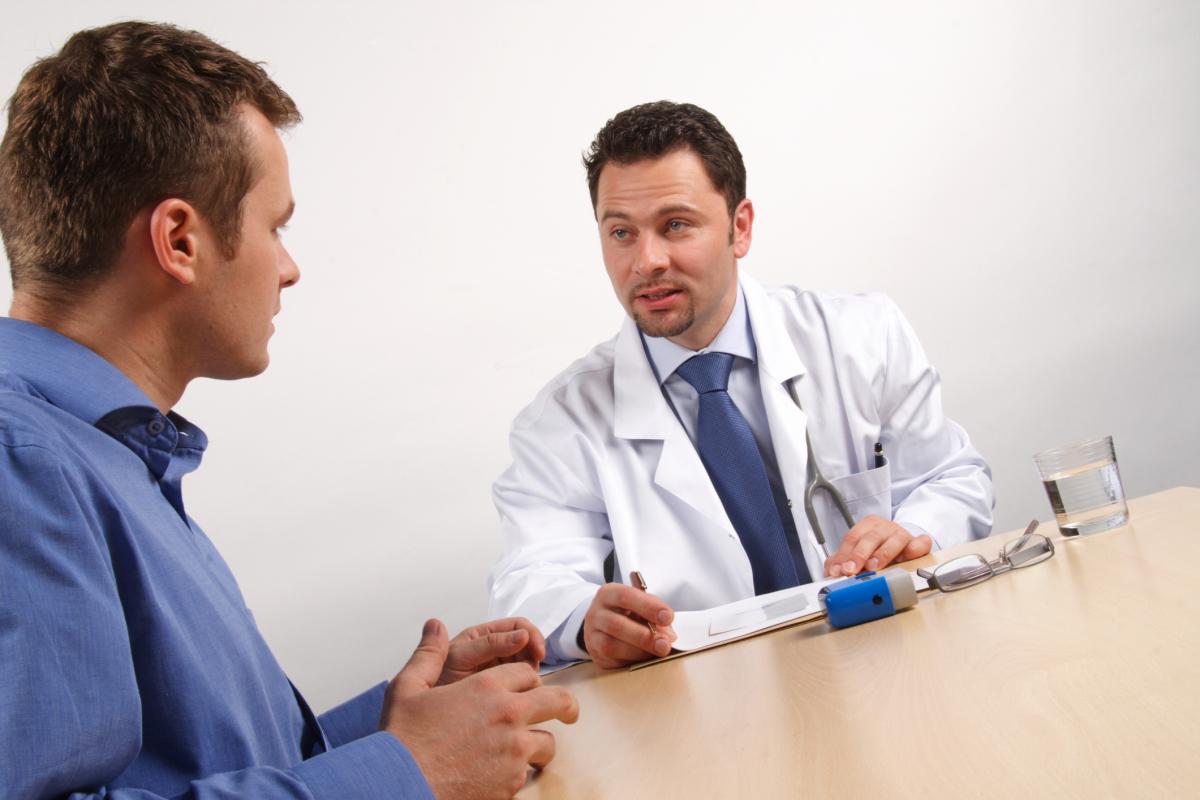
Doctors often use the following diagnostic search methods:
- blood is donated for various allergens, the presence of antibodies or antigens;
- a smear is taken from the genital organs to study the microflora;
- a scraping is made from the skin and genitals, which is later examined using PCR or microscopy;
- when pathogenic microorganisms are identified, a culture with antibiotics is performed to determine their sensitivity to drugs;
- Dermatoscopy is performed, which allows for a targeted examination of pathological areas of the skin (used for differential diagnosis of various neoplasms).
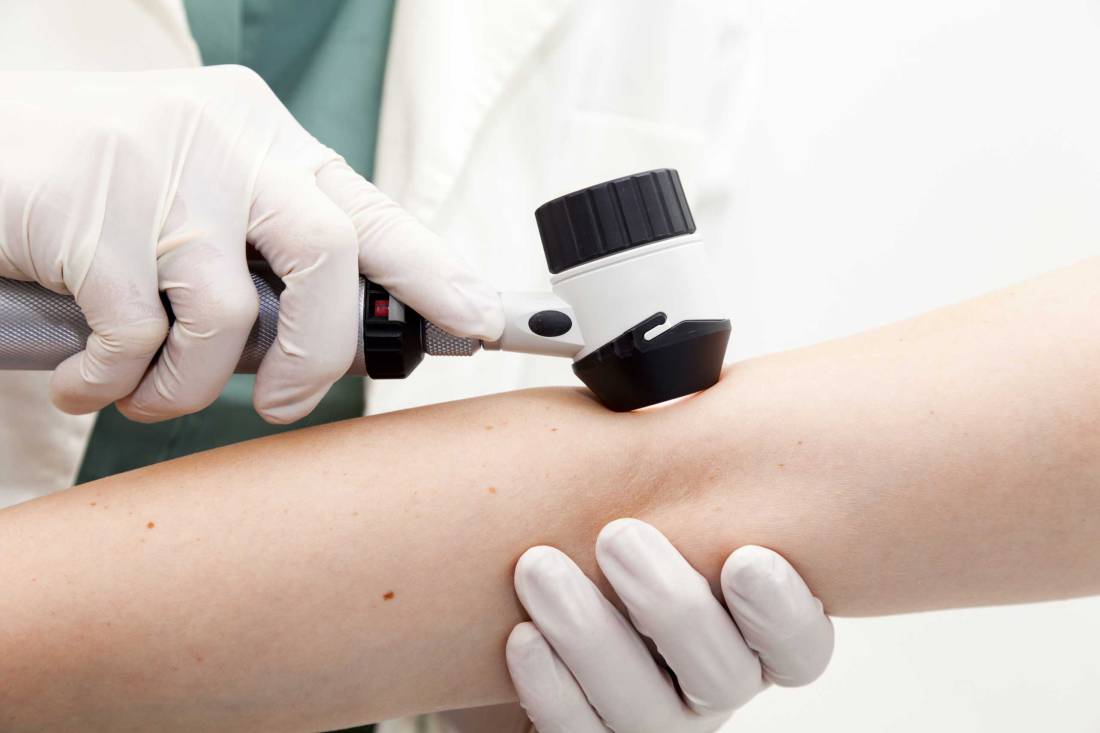
Depending on what the dermatovenerologist is treating, he may also refer the patient for general urine and blood tests. Sometimes a biopsy and other more complex diagnostic tests are required. Each patient, depending on his illness, is selected with his own range of techniques that will allow him to most accurately establish the diagnosis.
How to prepare for an appointment with a dermatovenerologist
Especially if there is a need to visit a doctor of this profile for the first time?
For the initial appointment, no serious measures are required.
Necessary:
- take with you to your appointment all tests for the last six months, even if they were taken to look for diseases of a different profile;
- write down on a separate piece of paper or remember to list to the doctor the names of all medications that were prescribed by another physician or taken independently;
- stop using any ointments, creams, gels and solutions at least 24 hours before use;
- if you have problems with your nails, then before your appointment it is recommended not to cut them for at least 3 days so that there is material for analysis;
- It is recommended to choose comfortable clothing that will easily provide the doctor with access to the affected area of skin for examination and diagnostic measures if necessary;
- Since blood tests may be required, it is recommended that you avoid eating fatty foods.
Proper preparation for the appointment will save both the patient and the doctor from unnecessary difficulties.
What does a dermatovenerologist do at an appointment?
First of all, of course, the doctor interviews the patient. Specifying what the person is complaining about, how long ago the symptoms appeared, and what the patient thinks may have caused them. A detailed collection of complaints and life history is an important part of the diagnostic search and can influence treatment. Therefore, it is recommended to answer the doctor’s questions as fully and thoroughly as possible, without hiding anything.
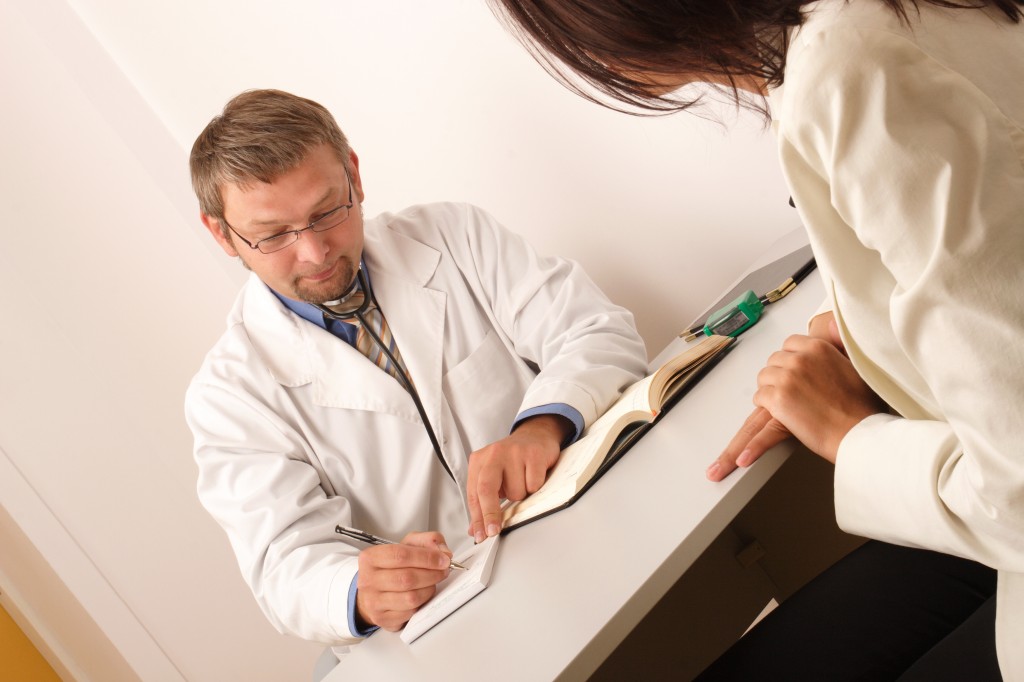
At the reception also:
- the patient is examined, special attention is paid to the affected areas;
- the results of diagnostics and treatment that were carried out previously are examined;
- an examination plan is drawn up to further search for the cause of the disease;
- Biomaterial is collected for analysis, including blood, skin scrapings, and nails.
If a dermatovenerologist is a pediatric dermatovenerologist, then he talks about the patient’s health status mainly not with the child, but with his parents. However, if the child is of a conscious age, it is more advisable to question him. Since he will be able to more fully describe his complaints.
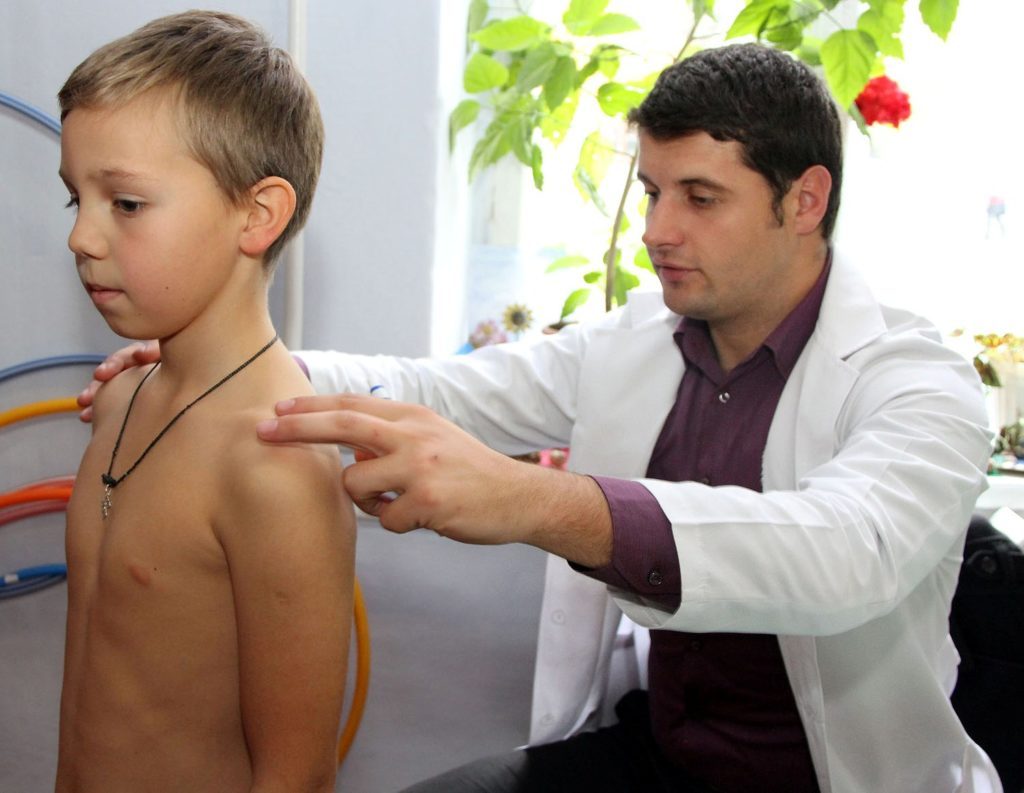
A dermatovenerologist who treats skin and sexually transmitted diseases is one of the most important specialists. It is worth visiting him not only when symptoms of the disease appear, but also for preventive purposes. A doctor will help you notice the symptoms of a developing disease in a timely manner. She will select his therapy without allowing the pathology to progress!
Remember that advanced sexually transmitted and skin diseases are much more difficult to treat than those diagnosed in time.
If you identify diseases of the skin and genital organs, contact competent dermatovenerologists.



